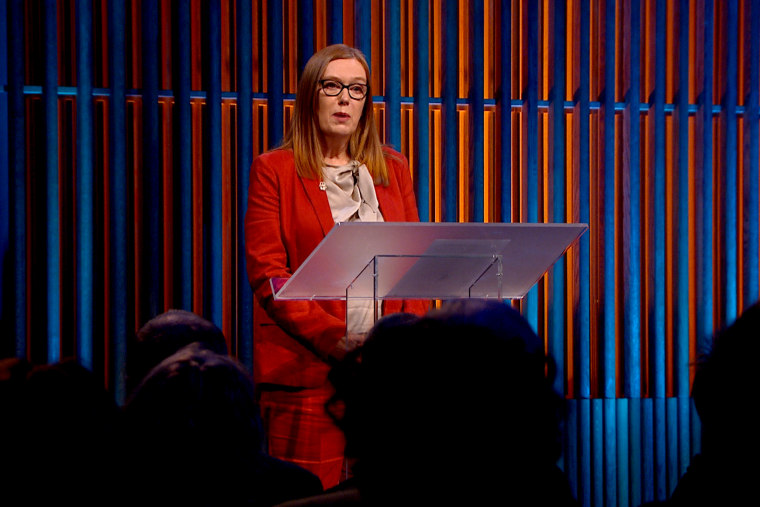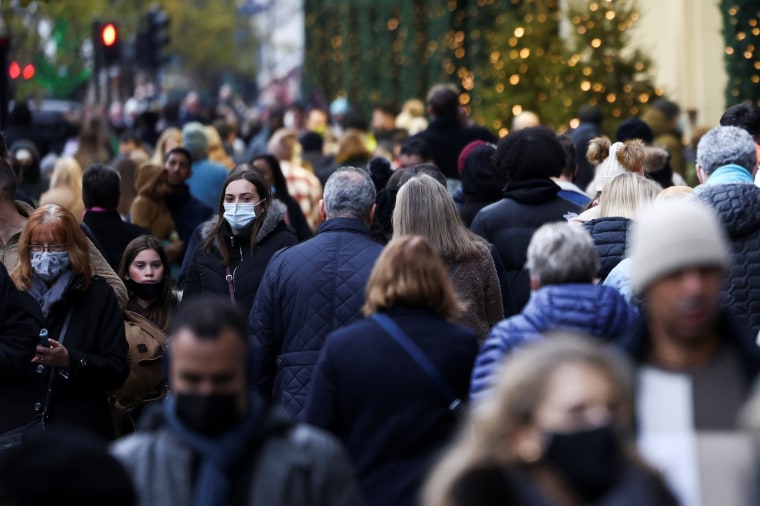LONDON — One of the scientists behind the Oxford-AstraZeneca Covid-19 vaccine on Monday warned that the next pandemic could be even more deadly than the current one.
Professor Sarah Gilbert, an Oxford University academic who won acclaim for her role in developing a safe and effective Covid-19 vaccine in less than a year, warned against complacency in tackling future threats.
"This will not be the last time a virus threatens our lives and our livelihoods," she said in a lecture at Oxford University due to be broadcast by the BBC on Monday night. "The truth is, the next one could be worse. It could be more contagious, or more lethal, or both."

In comments shared with news media in advance, she argued that the global pandemic shows the importance of being prepared for the next health emergency: "The advances we have made, and the knowledge we have gained, must not be lost."
The experts who worked to develop vaccines “must not now be asked to fade back into patient and under-funded obscurity,” Gilbert added.
Covid-19 has killed more than 5 million people across the world, including almost 800,000 in the United States.
The Oxford-AstraZeneca vaccine was approved by the U.K. in December 2020 and is in use in more than 50 countries, but it has yet to be approved for use in the U.S. despite positive trial data.
President Joe Biden pledged in April to send 60 million doses of the vaccine to other countries.
On the current threat from the emerging Omicron variant — which was has been detected in at least 16 U.S. states according to NBC News' tally — Gilbert said that its mutations were known to increase transmissibility, while immunities gained through vaccines or prior infection could be less effective against it.
"But as we have seen before, reduced protection against infection and mild disease does not necessarily mean reduced protection against severe disease and death," she said.

The Delta variant remains by far the most dominant form of the virus in the U.S., accounting for 99.9 percent of cases, Rochelle Walensky, director of the Centers for Disease Control and Prevention, told NBC News Friday.
Gilbert wrote about the vaccine's development in "Vaxxers: The Inside Story of the Oxford AstraZeneca Vaccine and the Race Against the Virus," a book co-authored with Professor Catherine Green in July.
Gilbert was delivering the annual Richard Dimbleby Lecture, named after a pioneering BBC broadcaster who died in 1965, where an expert in business, science or politics explains a topical issue.
Previous speakers include World Wide Web inventor Tim Berners-Lee, European Central Bank chief Christine Lagarde and Bill Gates.
